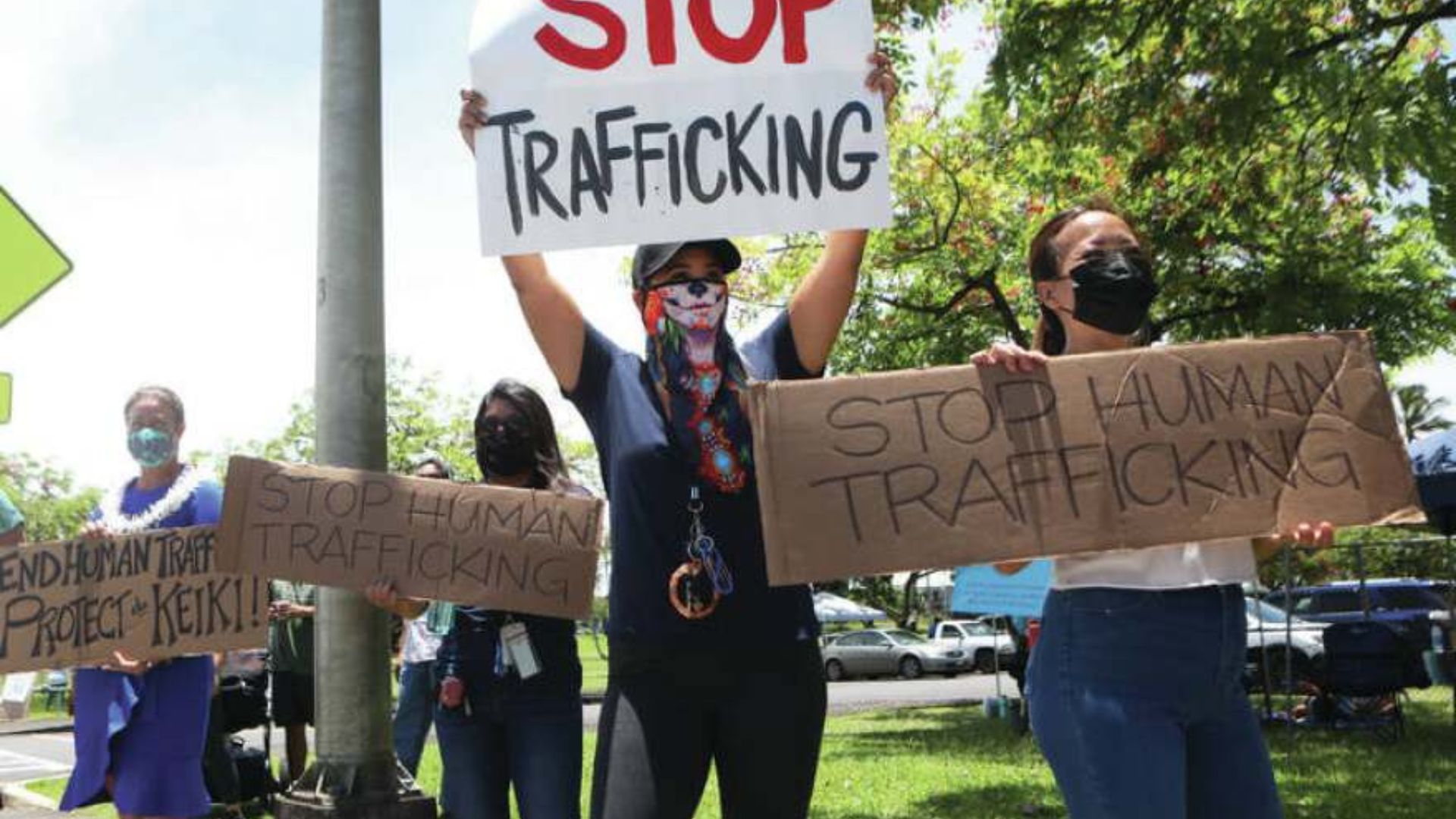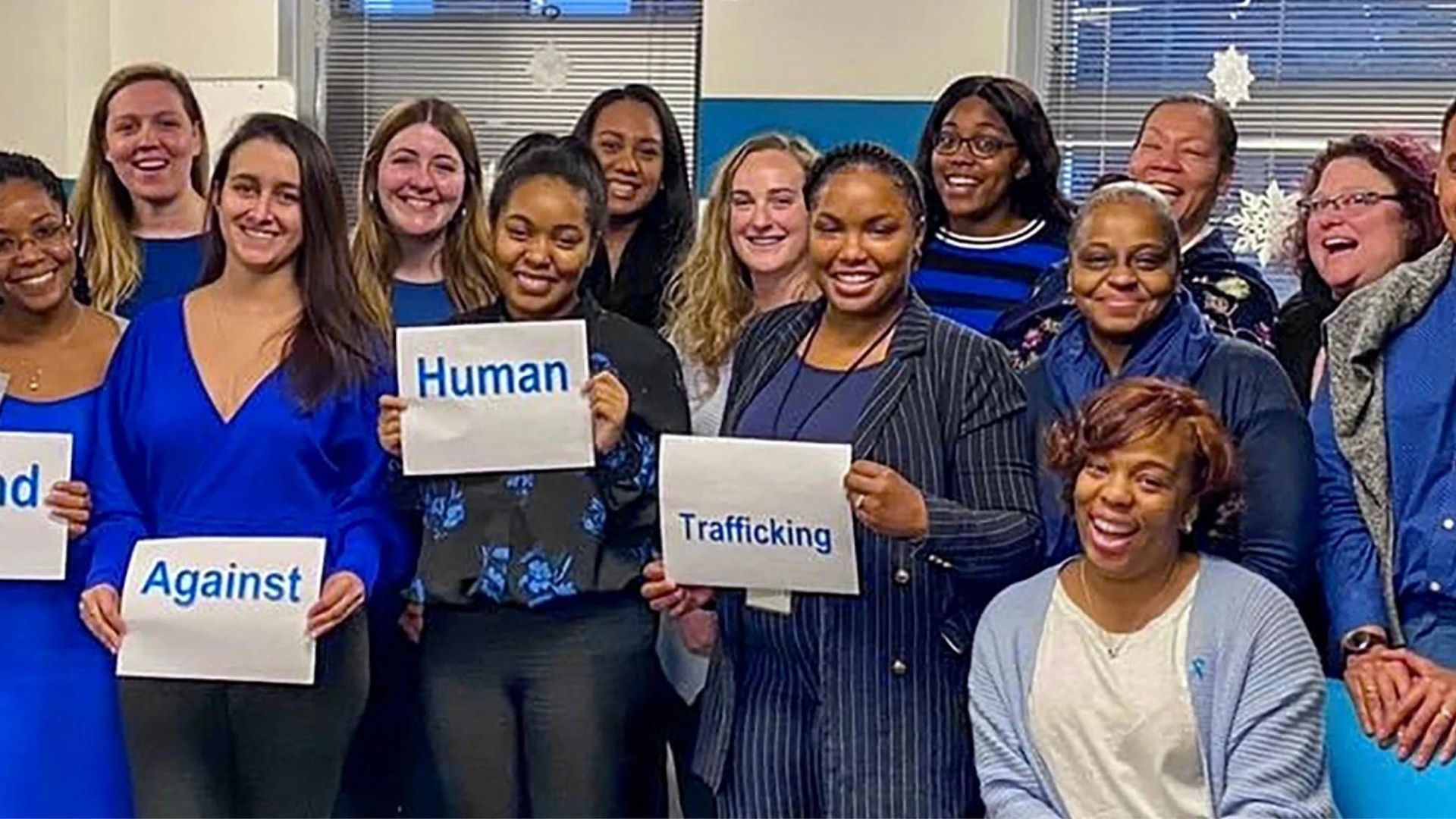|
Getting your Trinity Audio player ready...
|
Education and Awareness Campaigns
One of the most effective ways for communities to combat human trafficking is through education and awareness campaigns. By educating the public about the signs of trafficking, the methods used by traffickers, and the impact of this crime on individuals and communities, communities can empower individuals to recognize and report suspicious activities.
Support Services for Survivors
Communities can also play a vital role in providing support services for survivors of human trafficking. This includes access to safe housing, medical care, counselling, and legal assistance. By establishing partnerships with local service providers and advocacy organizations, communities can create a network of support for survivors as they rebuild their lives.
Collaborative Efforts with Law Enforcement
Collaboration between community members and law enforcement agencies is essential in identifying and prosecuting traffickers. Communities can work with law enforcement to establish reporting mechanisms. Additionally, they share information about suspicious activities and support investigations into trafficking cases. By working together, communities and law enforcement can disrupt trafficking networks and hold perpetrators accountable.
Youth Outreach and Prevention Programs
Engaging with youth and educating them about the risks of human trafficking is crucial for prevention efforts. Communities can implement youth outreach programs in schools, community centres, and other youth-oriented spaces to raise awareness about trafficking and empower young people to protect themselves and their peers. These programs can include workshops, peer-to-peer education, and mentorship initiatives.
Conclusion
In conclusion, community responses to human trafficking are multifaceted and dynamic. Additionally, it reflects the complex nature of the issue and the diverse needs of survivors. By mobilizing resources, raising awareness, advocating for change, and supporting victims, communities play a crucial role. Furthermore, it plays a crucial role in the global fight against human trafficking. Through collaborative efforts and collective action, we can work towards a future where exploitation and trafficking are eradicated. Moreover, all individuals can live free from harm and exploitation.
You might also be interested in the following:





